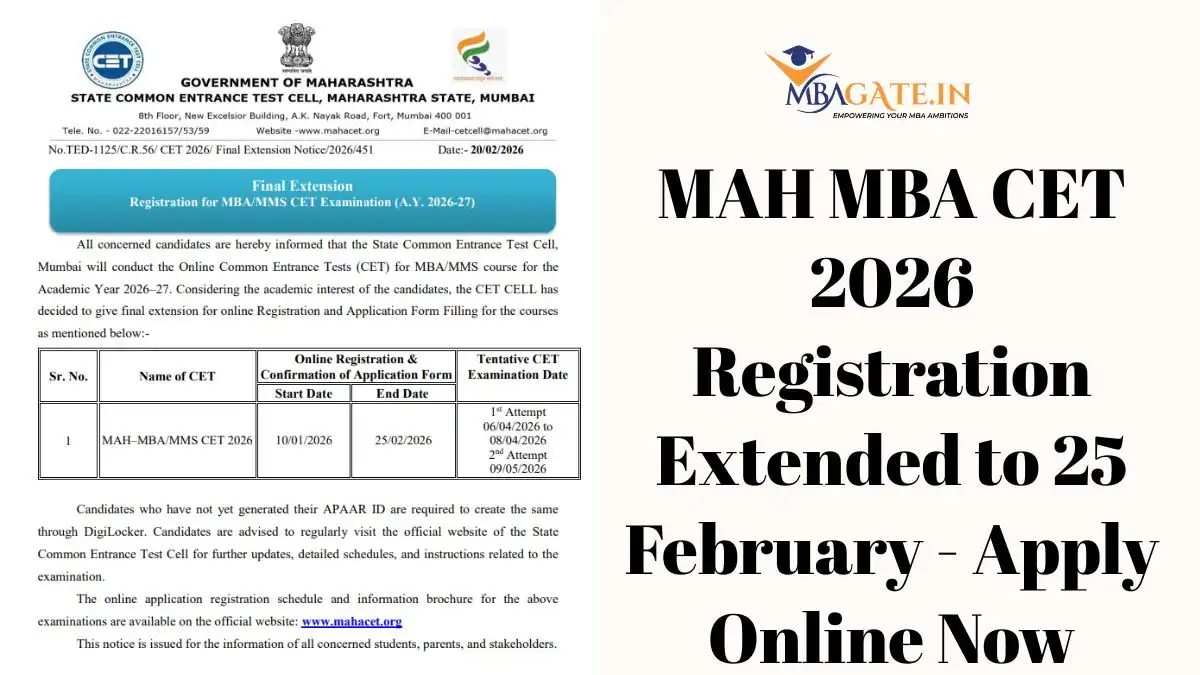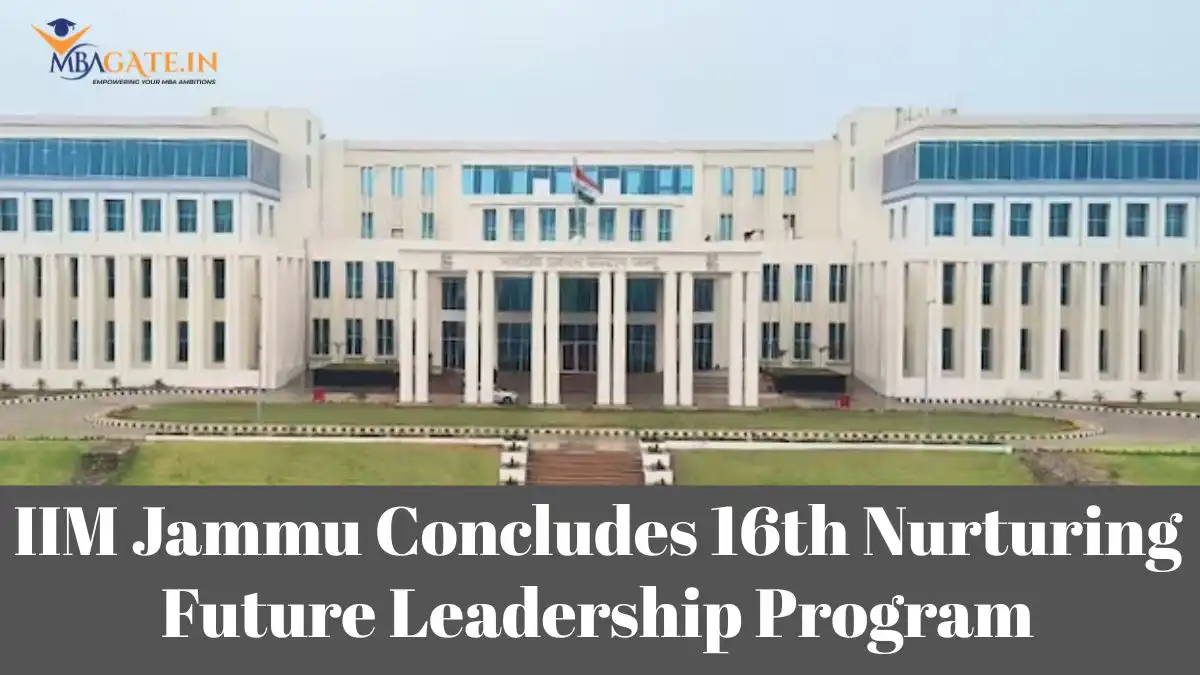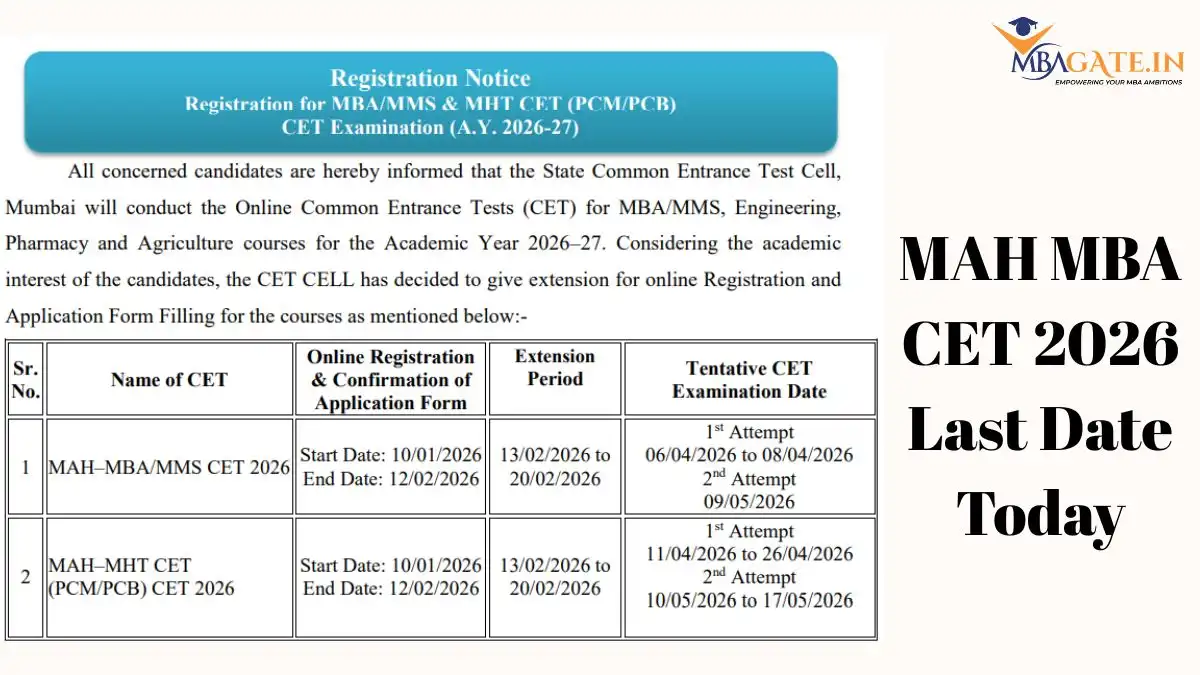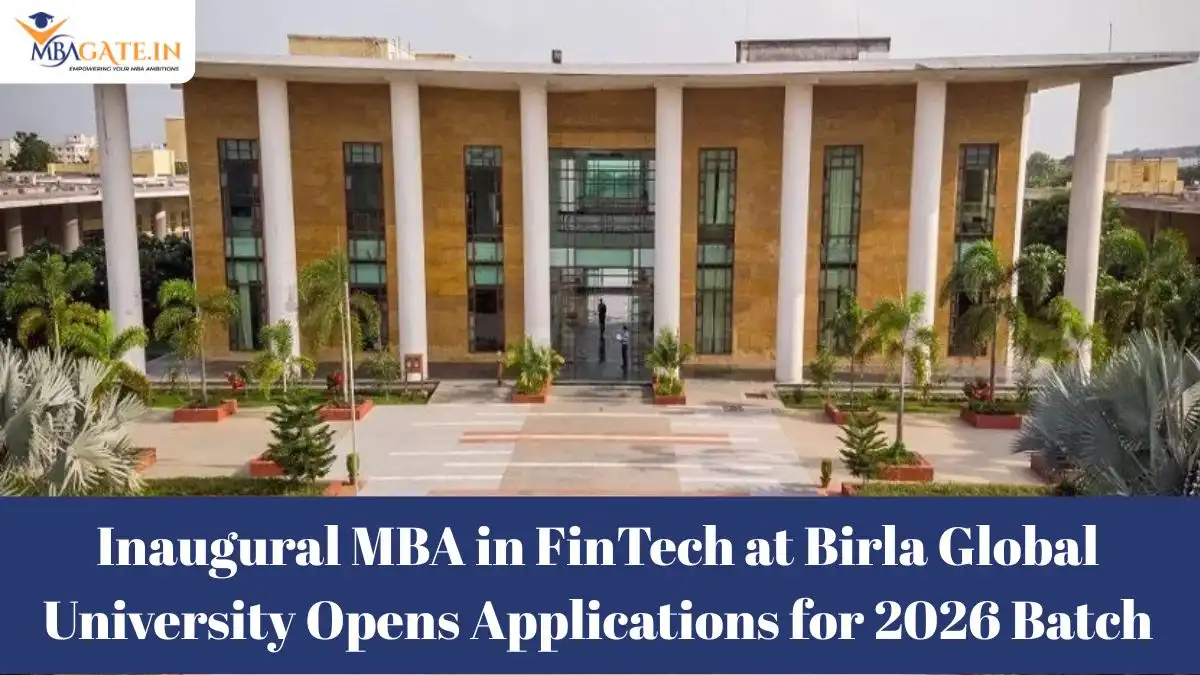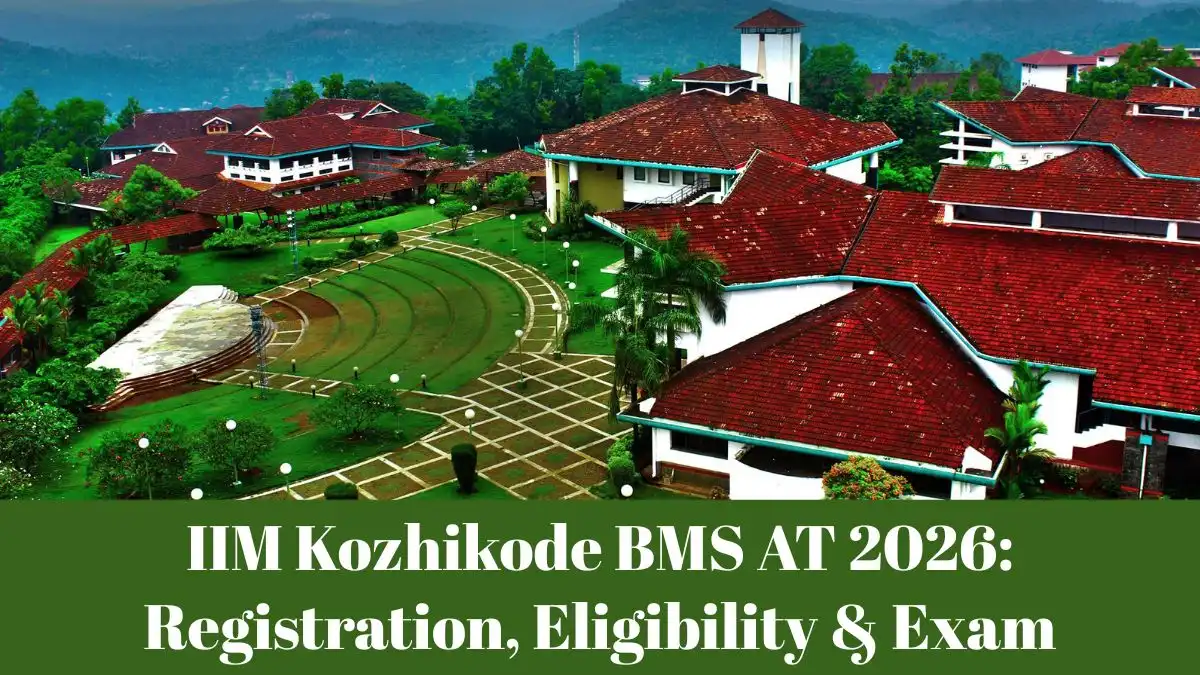IIM Raipur's Rural Conference Inspires a Drive for Village-Led Green Growth in Chhattisgarh
Table of Content
-
- + more items Show less
The objective was unmistakable: villages must have a bigger role to play in India's green economy transition.
As per Professor Sanjeev Parashar, Director-in-Charge at IIM Raipur the intention is to relate research with practical applications. Over 60% of the Indian population resides in rural India. They must be part of development, he said.
Locality Compact for Green Economy Transition, the first session, featured presenters who were female sarpanches, farmers and rural entrepreneurs. They spoke of their concern over water shortages, the negative utilisation of fertilisers and the depletion of indigenous farming practices.
The Panchayat and Rural Development Department's Principal Secretary Niharika Barik stated that local solutions are now the main focus. Villagers are not just recipients but also implementers. She stated that the government ought to assist rather than dominate.
Bhim Singh another high-ranking department officer emphasised women's-led development and local management of water, soil and forest programs.
According to Dr. Rahul Bhagat who is the Secretary of Good Governance and Convergence, the green economy is a matter of existence. It is not a matter of choice. The essentials include clean soil, water and air. We have to act locally to get it done, he added.
Panel discussions addressed topics like value addition in agriculture, digital technologies for rural application and indigenous knowledge recovery. The farmers, young leaders and experts shared the importance of higher levels of awareness and hands-on training in sustainable forms.
As he concluded the meeting, Deputy Chief Minister Vijay Sharma urged the institutions to continue the conversations. This is not a conference. We need action on the ground. Villages have to drive the change, he added.
The program insisted that if India is to create a green economy it has to start with its villages.


